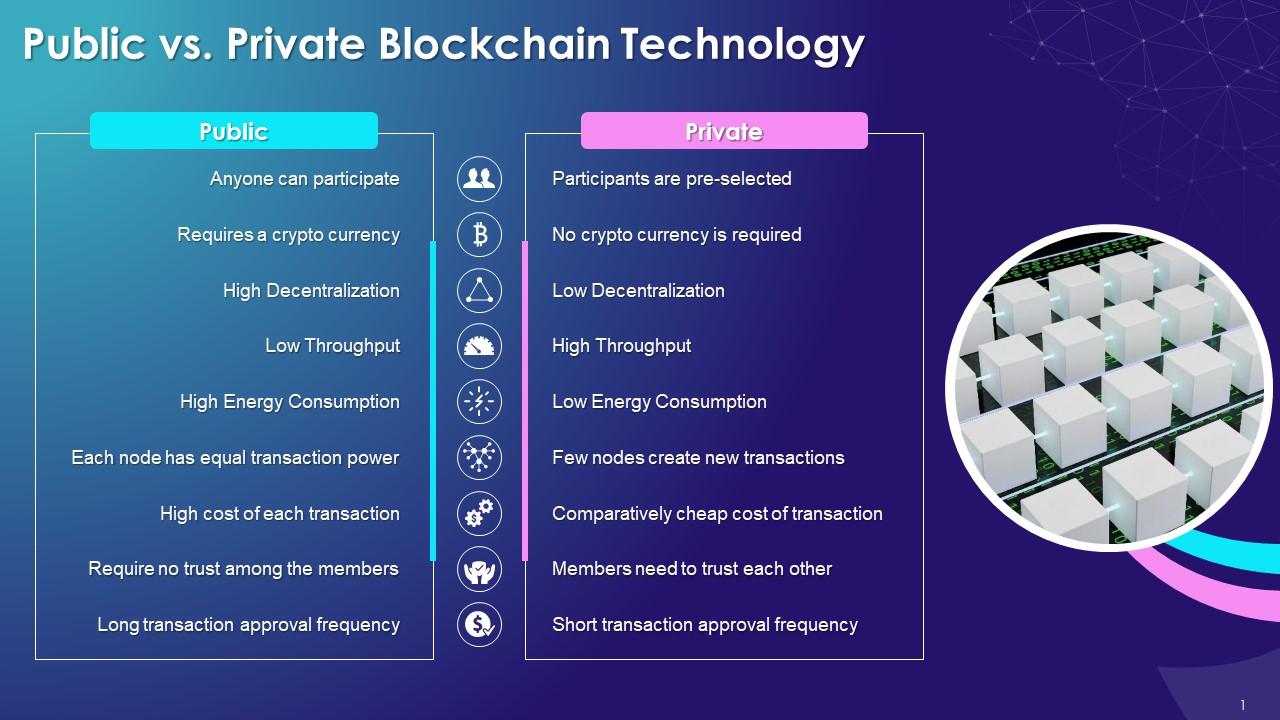Startups across the globe are relentlessly striving to offer groundbreaking solutions and create value for their users. However, to keep the innovation engine running smoothly, it’s crucial for these firms to identify and implement effective startup monetization strategies. The right monetization strategy not only drives revenue growth but also facilitates the startup’s long-term expansion and sustainability. This holds true—and often with increased gravity—for startups in the artificial intelligence (AI) sector due to its relatively higher technology development costs and complex deployment scenarios.
Recent industry reports highlight the significant growth potential within the AI sector, making startup monetization a topic that garners consistent attention from entrepreneurs, investors, and industry analysts. Consider this – custom AI solutions generated a staggering $12 billion in revenue in the past year, marking a substantial 25% YoY growth. With such impressive numbers, it’s evident that AI startups present a strategic point of interest for stakeholders in terms of return on investment (ROI).
This blog post aims to demystify startup monetization strategies leveraging case studies of the most valuable AI startups. We’ll also explore the risks and rewards associated with investing in AI startups, with a close look at the rapidly increasing valuations and the high ROI that smartly designed AI projects can offer. So, whether you’re an aspiring entrepreneur considering an AI startup venture or an investor seeking an ROI above the industry average, read on to gather practical insights and actionable advice.
Monetization Strategies for AI Startups
AI startups lead the digital revolution with their innovative solutions. Monetizing these groundbreaking solutions, however, often demands strategies that are as innovative as the AI technology itself. Let’s review three of these crucial startup monetization strategies: data monetization, subscription models, and technology licensing.
Data Monetization: Case Study of DataSense
Data — it’s the lifeblood of the digital era, and when correctly harnessed, it can become a potent revenue engine for AI startups. Data monetization involves transforming customer behavior data into actionable insights to drive marketing strategies via intelligent AI algorithms.
An excellent embodiment of this model is DataSense, led by Captain Maria Martinez. Martinez states: “We slice and dice data, transforming it into actionable insights. We charge clients based on data volume and complexity. It’s not just data; it’s dollars.”
Through their data monetization efforts, DataSense assisted an e-commerce company in optimizing its marketing strategies, leading to a whopping 40% increase in conversion rates. This optimization did not only boost the client’s revenue but also generated a significant income stream for DataSense.
Subscription Models: Case Study of AdOpti
Another popular monetization strategy for AI startups is the subscription model. These models provide consistent, recurring revenue, and in the AI market, they’ve grown massively popular, boasting a 40% increase in adoption over the past two years.
Alex Johnson, AdOpti’s chief architect, emphasizes the value of these models: “Our subscription model keeps our clients ahead of the game. We’ve seen a whopping 30% YoY growth in recurring revenue.” AdOpti utilizes AI-powered marketing solutions, and their success underscores the potency of subscription models in the AI industry.
Licensing Technology: Case Study of AIInnovate
Licensing is a savvy way for AI startups to monetize their innovative solutions. In this model, startups license their technology to larger companies, resulting in an upfront or ongoing licensing fee.
AIInnovate provides a prime example of this revenue avenue, having licensed their innovative chatbot technology to global e-commerce giants for a considerable $5 million in licensing fees.
Each of these strategies — data monetization, subscription models, and technology licensing — provides AI startups with viable means of turning their innovation into income. The choice ultimately depends on the startup’s unique technology, market, and goals, but one thing remains constant: savvy monetization strategies are key to commercial success in the AI industry.
Additional Monetization Strategies for AI Startups
While data monetization, subscription models, and technology licensing are core to many AI startups’ monetization strategies, there are several other ways AI startups can generate revenue, thus aiding their financial growth and stability.
API Monetization
Startups can monetize their AI technology by offering APIs (Application Programming Interfaces) to third parties. This allows other companies to consume and utilize the AI services in their own products or services. The API can be monetized based on usage, i.e., the startup can charge based on the number of API calls. For instance, if an AI startup has developed a powerful image recognition system, it can provide an API for this system and charge developers per API call.
Freemium Services
AI startups can also choose to offer a freemium model, where basic features are offered for free but advanced features are available for a fee. This approach not only allows companies to attract a user base but also to generate revenue from those who are willing to pay for enhanced features or services.
White-Labelling
White-labelling involves selling the startup’s AI products under another company’s brand. This strategy enables other businesses to utilize and sell the AI technology as their own, providing the startup with a broader market reach and additional revenue.
Selling Anonymized Data
Some AI startups that collect a significant amount of data can even sell anonymized versions of this data to interested parties. While this strategy needs to be executed with extreme care to avoid privacy issues, organizations across various industries are always looking for large data sets to inform their tactics or strategies and are willing to pay significant amounts for this data.
By considering these additional monetization methods, another layer of revenue streams could be produced, further ensuring that AI startups thrive in the dynamic digital marketplace.
AI Startups and Return on Investment (ROI)
The world of AI startups is not only about unique ideas and technological advancements. It also includes a profoundly competitive business dimension where Return On Investment (ROI) plays a crucial role. In this context, ROI measures the efficiency and profitability of the startup’s investments.
For instance, best-in-class corporations enjoy a remarkable 13% ROI on AI projects—more than twice the average ROI of 5.9%. . Such lucrative ROI rates demonstrate the potential rewards that investors can reap from strategic and well-calculated investments in AI startups.
Now, let’s take a closer look at some prominent AI startups and their remarkable initiatives and ROI.
OpenAI: A Poster Child for ROI in AI Startups
OpenAI offers a stellar example of an AI startup generating impressive ROIs. Founded in 2015, OpenAI is a research organization focused on ensuring that artificial general intelligence (AGI) benefits everyone.
As per Crunchbase, OpenAI recently closed a $300M share sale at a valuation of $27B-$29B. This enormous valuation significantly ups the stakes for prospective investors, corroborating the immense growth and revenue potential of AI startups.
Moreover, OpenAI’s recent forecasts show an impressive growth trajectory, with an expectation of $200M in revenue in 2023 and an ambitious $1B by 2024. Over its 7 funding rounds, OpenAI has already raised $11.3B, signaling investors’ confidence in its potential.
AI Startup Investment and Current Valuation Trends

The disruptive nature of AI technology and the success stories of startups like OpenAI are driving considerable investor interest. As a result, pre-money valuations of AI startups are soaring.
In 2023, the median pre-money valuation for generative A.I. firms rose to $90M, up from $42.5M for 2022. These higher valuations result from substantial deals by startups such as Tome and Anthropic, which recently raised $300M at a $4B pre-investment valuation.
The market outlook for these AI startups is also positive, with PitchBook analysts predicting a 32% compound annual growth rate (CAGR) potentially leading the market to a whopping $98.1B by 2026.
It’s essential to note, however, ROI in AI startups, while promising, isn’t guaranteed. Like any investment venture, it involves risks and uncertainties. Nevertheless, the potential rewards, as evidenced by startups like OpenAI, are enticing and compelling for forward-looking investors ready to ride the wave of AI innovation.
You might also like
business-intelligence
How to choose blockchain development company
When it comes to selecting a blockchain development company, there are several important factors to consider. In the world of Non-Fungible Tokens (NFTs), it is crucial to find a company that has the experience and expertise to develop NFT-based solutions, such as NFT minting websites, NFT marketplace platforms, NFT auction platforms, and NFT app development. […]

Risks and Opportunities in AI Startup Investment
Investing in AI startups is not without its risks and challenges, but it also displays an array of promising opportunities.
The Risks: High Failure Rates of AI Startups
It is a harsh but important reality to grapple with that a considerable number of startups do not thrive or deliver significant profits to their investors. According to estimations, around 70% of startups fail to realize their full potential, with only a minute fraction ascending to extraordinary unicorn status. The MPost Team conducted an insightful study, revealing the 12 most common reasons leading to the downfall of AI startups. These encompassed a broad spectrum of issues, from overestimating the scalability of their AI solution to ineffective marketing strategies and unforeseen legal and regulatory challenges. Understanding these potential pitfalls is crucial for any emerging AI startup to ensure they pave a successful pathway and avoid common missteps.
The Opportunities: High Valuations and Market Growth
While startups present their share of risks, they also prove to be fertile ground for immense opportunities. This is especially the case for AI startups. As of Q2 2023, we’ve already seen a record year with equity funding topping $14.1B across 86 deals in generative AI startups. This optimistic trend is underpinned by rapid growth in pre-money valuations. According to Fortune, the median pre-money valuation for generative AI firms soared to $90 million in 2023, an over twofold increase from the $42.5 million experienced in 2022. Significant deals for firms like Anthropic and Tome have fueled this surge in investment and valuation.
In the words of Brendan Burke, a senior emerging technology analyst at PitchBook, “investor momentum is on early-stage startups in this new wave of AI”. Interestingly, startups operating on “foundation models” such as Anthropic, which reportedly raised $300 million at a near $4 billion pre-investment valuation, command some of the loftiest valuations.
Bolstering this optimistic trend, PitchBook analysts predicted that at a 32% compound annual growth rate (CAGR), the AI market could reach a staggering $98.1 billion by 2026.
However, as with any bold venture, it’s critical to exercise thoughtful discernment. Balancing risks and opportunities, leveraging best-practice startup monetization strategies, and thoroughly scrutinizing unit economics are all fundamental elements of investing in AI startups. After all, an ideal ratio of customer lifetime value to customer acquisition is 3:1, where each new customer brings three times the value of acquisition.
Comparing this to the average ROI on AI projects, which stands at 5.9%, and against best-in-class corporations reaping a 13% ROI on AI projects, it becomes clear that the world of AI startups is a challenging yet promising panorama of risks and possibilities.
AI Consultant’s Advise on Choosing the Monetization Strategy
As we’ve explored, monetization strategies are integral to the success of AI startups. Custom AI solutions are on the rise, with the industry’s revenue reaching an impressive $12 billion in the last year. Whether through data monetization, subscription-based services, or licensing agreements, AI startups have discovered a number of ways to generate significant revenue. Plus, these monetization strategies are attracting hefty investments and propelling startups towards record-breaking valuations.
However, it’s crucial to bear in mind that the AI startup scene is fraught with risks. With approximately 70% of startups failing to thrive or deliver substantial profits, founders must craft a robust business strategy – one that not only drives innovation but also assures profitability and sustainability.
The key takeaway is that the path to monetization doesn’t follow a one-size-fits-all approach. Careful consideration of factors like your target market, offerings, and growth potential are instrumental in selecting the apt monetization strategy. As the AI landscape continues to evolve, so will the possibilities for revenue generation and growth.
Comparison Table for AI Startup Monetization Strategies







